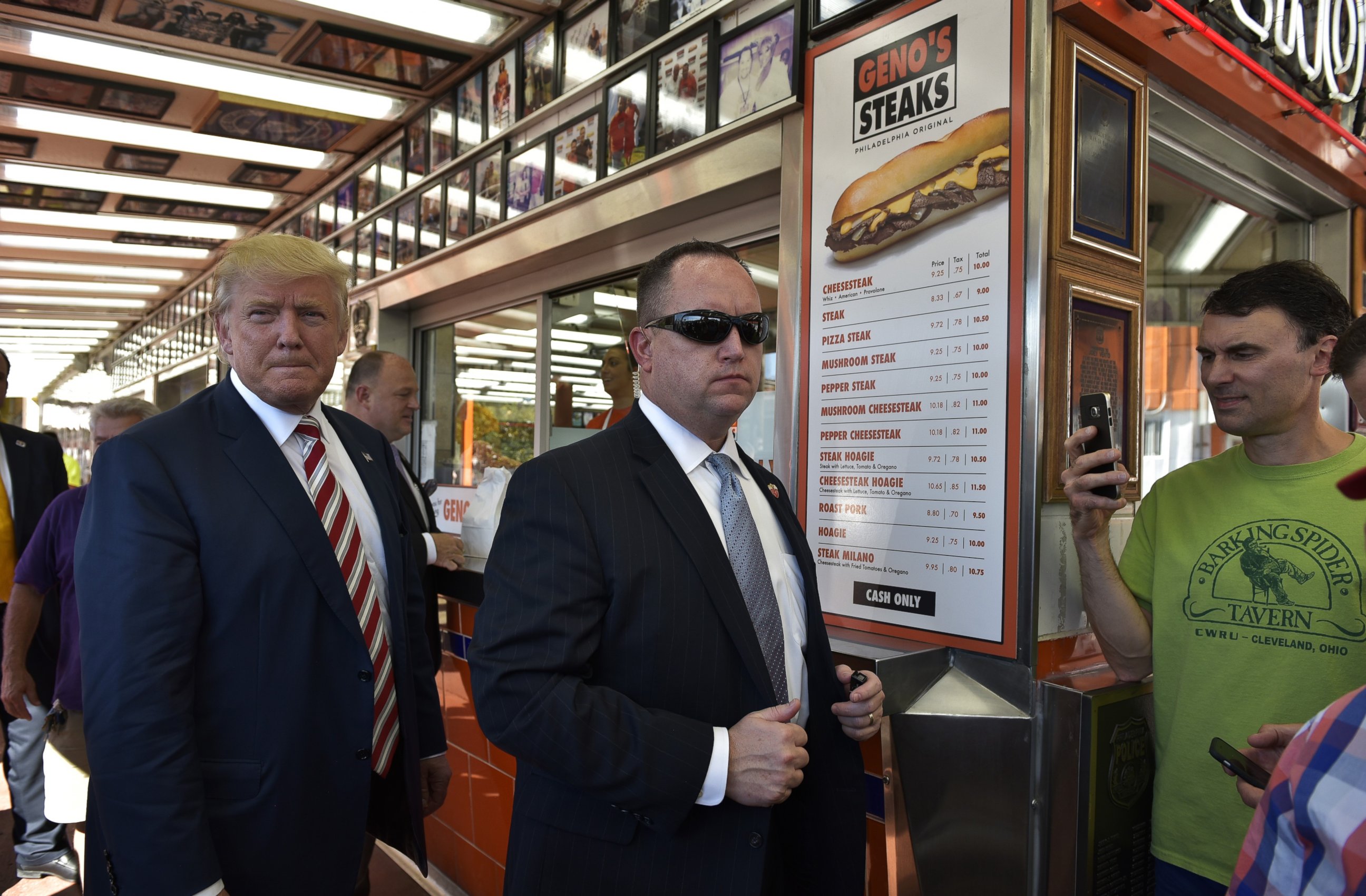Philly Transit Workers Downplay Fears Strike Could Hit Turnout in Dem Stronghold
Among other things, the union wants to reduce health care expenditures.
— -- Philadelphia transit workers went on strike early Tuesday, halting bus, trolley, light rail and subway transportation in the city and stoking fears of a prolonged work stoppage that could create headaches for voters on Election Day in the state's most populous city.
Jamie Horwitz, a spokesman for the Transportation Workers Union Local 234, the union staging the strike, told ABC News that he doesn't anticipate the strike to affect voter turnout even if it lasts through the elections.
SEPTA, the region's public transportation authority, and members of TWU 234, a union belonging to the AFL-CIO, failed to come to an agreement on a new contract. Horwitz said the primary disagreements focused on the scheduling of workers, who he said were frequently not given adequate time to eat, rest between shifts or take bathroom breaks.
In addition to the issues over scheduling, the union is fighting to raise the cap of workers' pensions and secure affordable health care. The timing of the strike is unrelated to the election and is tied to contracts that expired between the two sides at midnight last night.
A press representative from SEPTA spoke to ABC News by phone but declined to elaborate on a statement made to the press last night regarding the strikes. In it, SEPTA expressed hope that an agreement could be reached between the two sides by Nov. 8.
"We are hopeful that a tentative agreement will be reached before Election Day. If we foresee an agreement will not come to pass, SEPTA intends to seek to enjoin the strike for Nov. 8 to ensure that the strike does not prevent any voters from getting to the polls and exercising their right to vote," the statement said.
Megan Sweeney, a spokeswoman for the Pennsylvania Republican Party, told ABC News that staffers are "monitoring" the transportation strike but haven't taken any specific actions yet to accommodate voters who might be hindered by it.
"We always have a really aggressive plan to make sure people get to the polls, and we always have contingency plans," she said, adding that she believed that enthusiasm for Donald Trump in the traditionally Democratic-leaning city appeared "very strong."

ABC News has reached out to the Pennsylvania Democratic Party but did not immediately receive a response.
Democratic Gov. Tom Wolf, however, has urged both sides to keep a dialogue open until an agreement can be reached.
"Hundreds of thousands of Pennsylvania residents rely on SEPTA to travel each day to and from work and school, and the inability of TWU and SEPTA to reach an agreement is devastating for many of these individuals and their families," Wolf said in a statement. "This will create extreme hardships for the city and for businesses."
Pennsylvania, where Democratic candidate Hillary Clinton has been favored in most polling, is viewed as crucial in the race for the White House.
In the latest ABC News/Washington Post tracking poll, enthusiasm for Clinton has slipped since the FBI said last week that it was reviewing newly discovered emails from a longtime Clinton aide. Trump has seized a lead, by a slim point, for the first time since May, according to the national poll, produced for ABC News by Langer Research Associates.
Those results are well within the margin of error and may not necessarily reflect any changes in the Pennsylvania electorate specifically, but it demonstrates a degree of fluidity in the Clinton-Trump race as it enters its final stretch.
TWU 234 endorsed Clinton for president in June, citing her "dedication to ensuring working people have a voice against corporate America and her plan to invest billions in the country's infrastructure" as the reason behind the endorsement.
The most recent previous strike by the union, in November 2009, lasted six days before being resolved.



